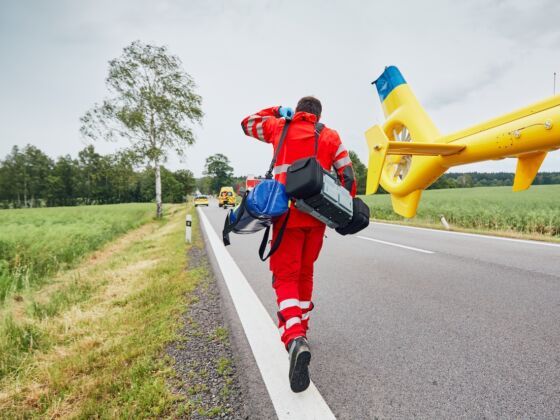Earlier this week, a Matador member wrote to say:
“I’ve been finding myself wanting to fly out & lend a hand for the tsunami, Katrina & now this, but I just don’t have the experience & feel I would only be in the way. I was wondering what you might suggest for getting the training I might need to be able to do the work I want to do to help.”
If you’ve been wondering how to get disaster training, here are a few resources that will prepare you to help:
